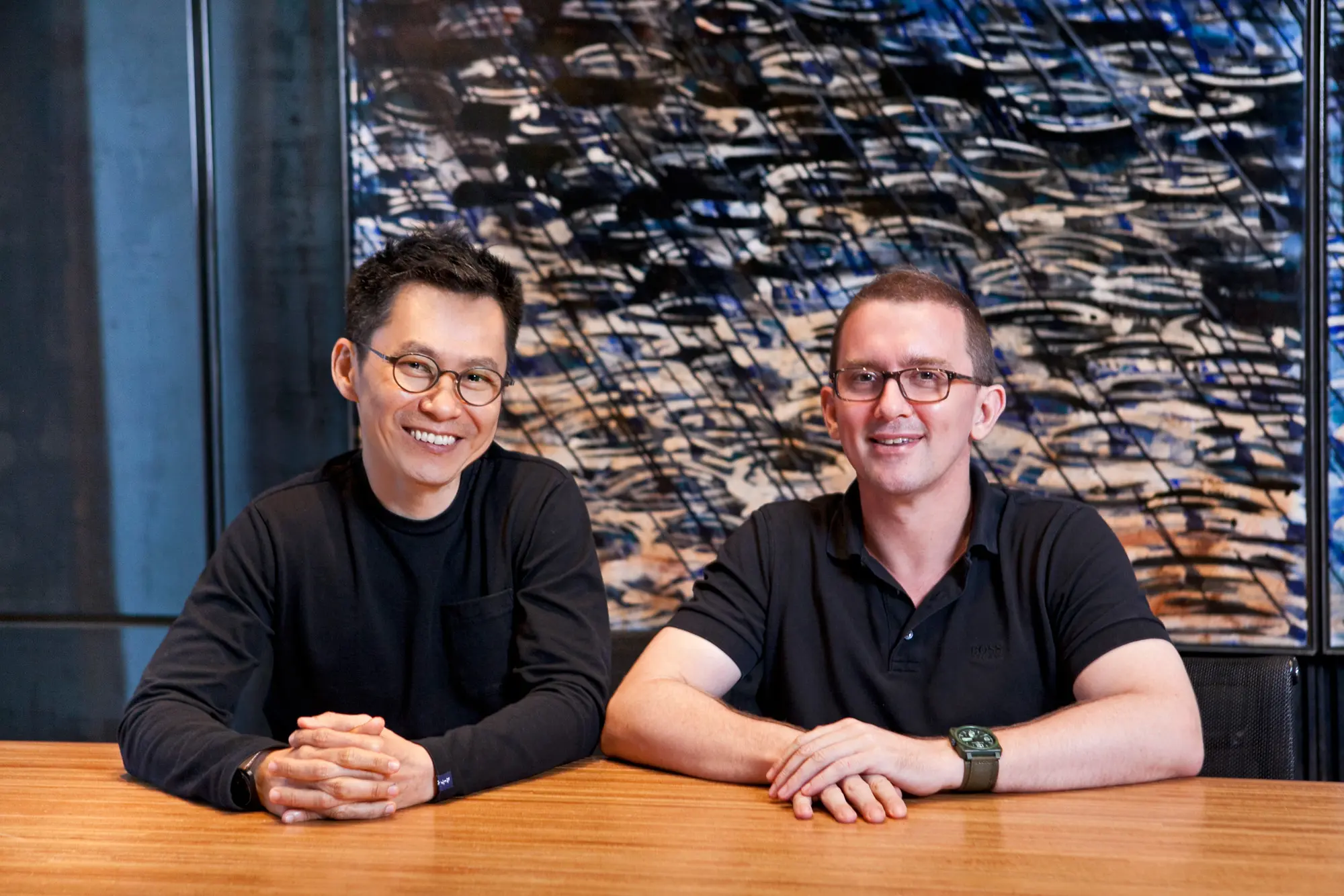29 Hongkong Street, Singapore, Singapore
Projekte van WOHA
Sien alle projekteOor WOHA



Profile
The architecture of WOHA, founded by Wong Mun Summ and Richard Hassell in 1994, is notable for its constant evolution and innovation. A profound awareness of local context and tradition is intertwined with an ongoing exploration of contemporary architectural form-making and ideas, thus creating a unique fusion of practicality and invention. WOHA conceptualizes all aspects of the architectural process, and environmental principles have always been fundamental to the work of the practice, which is guided by a commitment to responsive place-making and to the creation of an invigorating and sustainable architecture.
WOHA’s built projects – throughout Southeast Asia, China, and Australia – range from apartment towers to luxury resorts, mass-transit stations, condominiums, hotels, educational institutions, and public buildings. WOHA has won an unprecedented amount of architectural awards for a Southeast Asian practice: they received the Aga Khan Award for Architecture in 2007 for 1 Moulmein Rise, they collected four awards in the RIBA International Awards of 2011 and 2010 for Alila Villas Uluwatu, School of the Arts, The Met and Bras Basah MRT Station, and they won the 2011 RIBA Lubetkin Prize and the 2010 International Highrise Award for The Met.
As an emphatic indication of WOHA’s versatility and global recognition, the practice won two titles in two consecutive years (in four separate categories) at the World Architecture Festival in 2009 and 2010. The practice currently has projects under construction in Singapore, India, China and Indonesia. A travelling exhibition devoted exclusively to their work opened at the Deutsches Architekturmuseum, Germany, in December 2011, and two substantial monographs – WOHA: The Architecture of WOHA and WOHA: Selected Projects Vol. 1 – have already been published.




